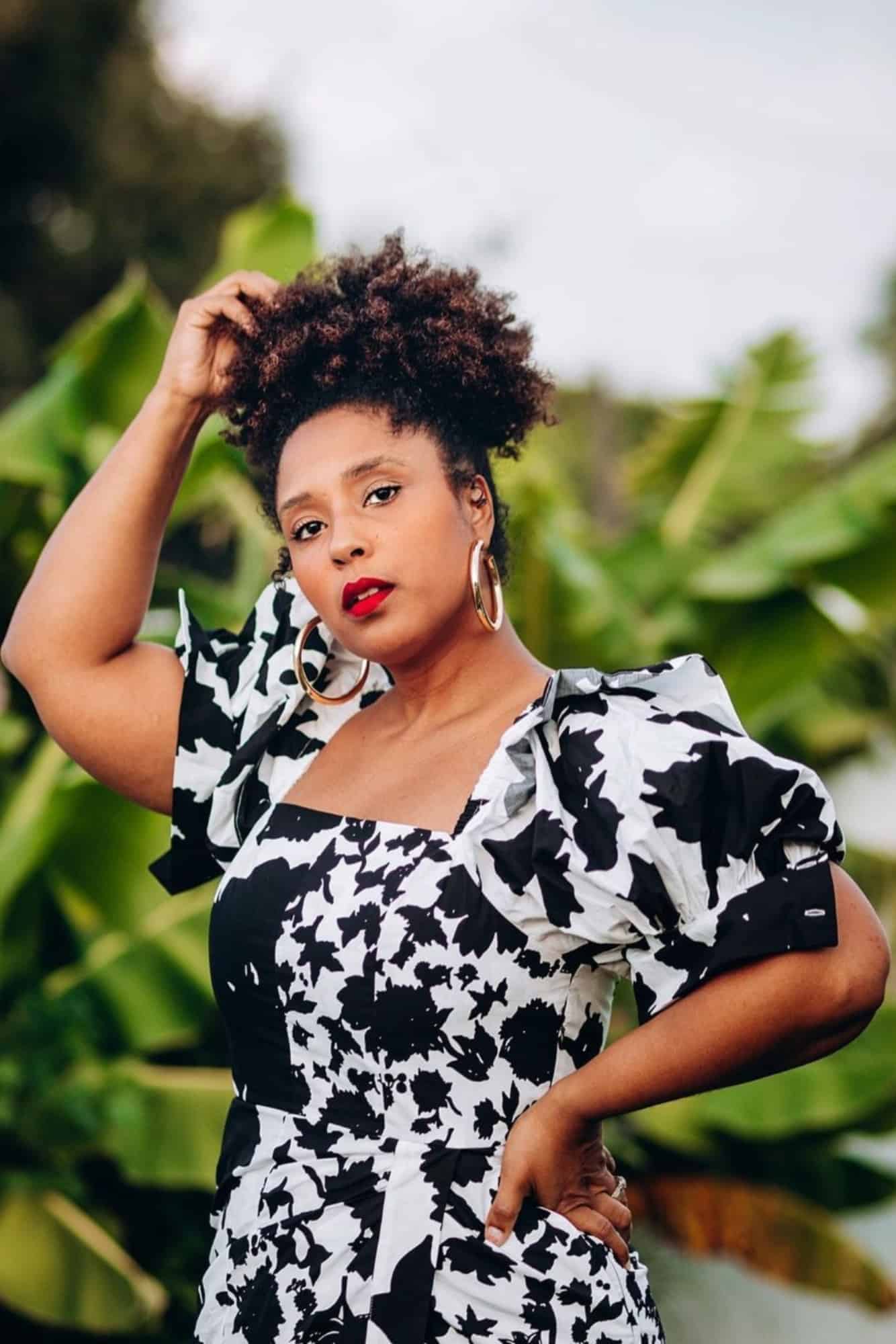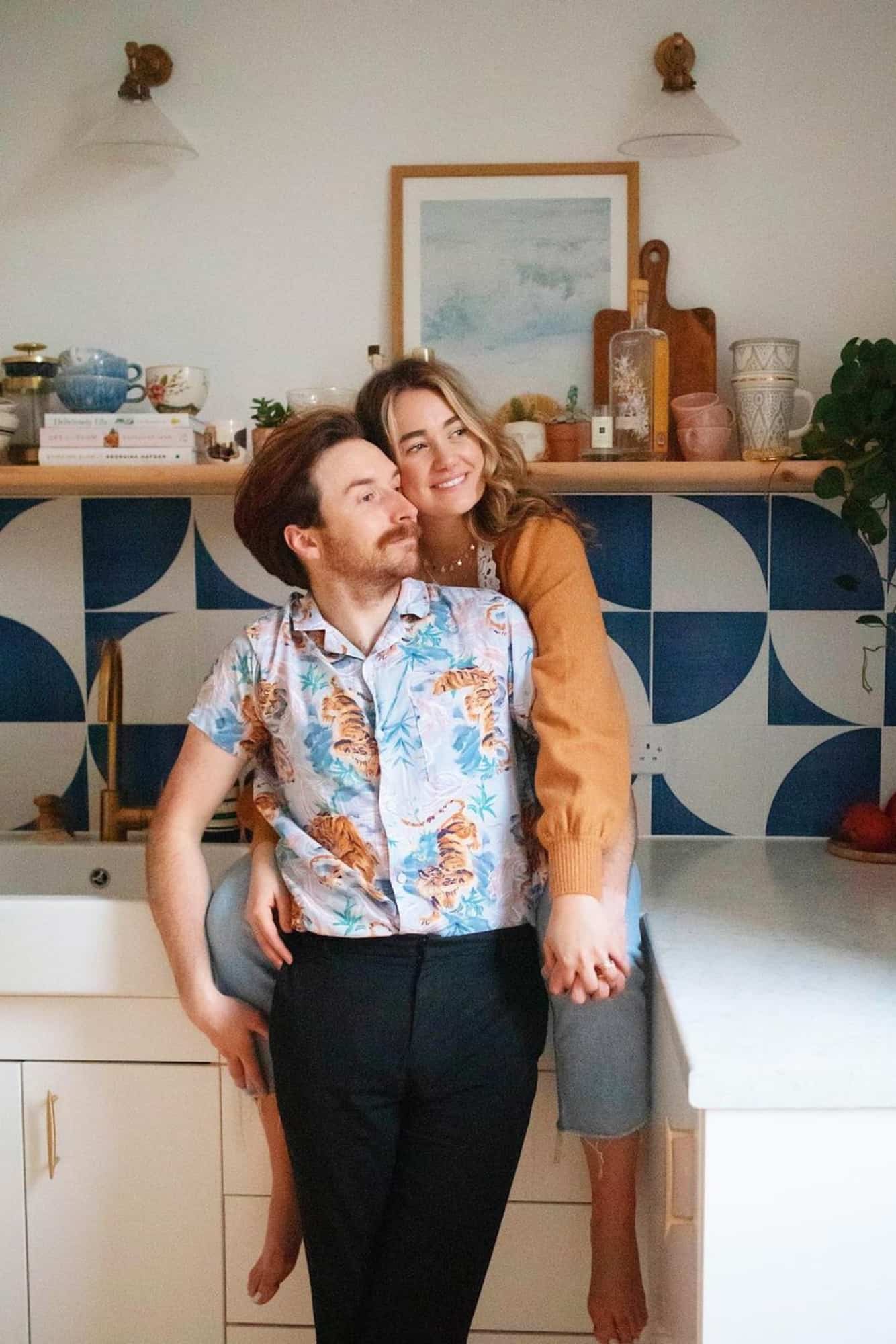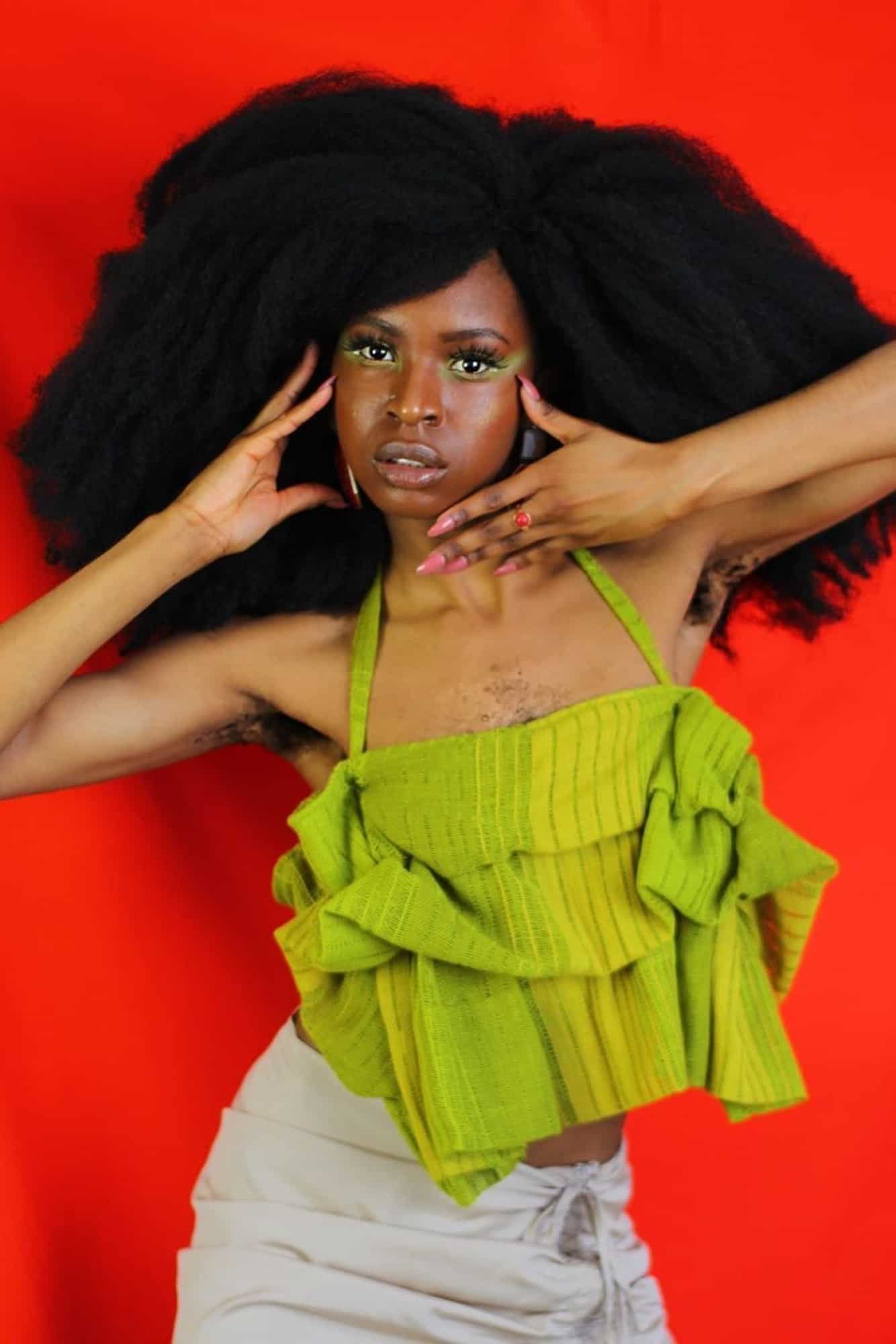Social media has undeniably taken a turn for the better recently. Influencers and users alike are avidly promoting acceptance of our natural bodies, resulting in a roaring surge of Instagram posts and movements towards self-love and body confidence. A popular trend solidifying itself in this space is “Instagram vs reality”, also known as “posed vs relaxed”. This movement sees many women – mainly slim – post a picture of themselves edited, filtered or what some label “insta-ready” alongside a more natural image of themselves (their “reality”), sharing real-life blemishes such as cellulite, stomach rolls and other marvellous features that diet culture loves to brand as imperfections. And while these posts have no malicious intent, this trend is highly problematic.
Problems with the “Instagram vs reality” trend
Firstly, it marginalises bigger women. This trend is dominated by women who purposely contort their bodies in unnatural and ridiculous ways to give the mere illusion of “imperfections”. These posts carry a complete disregard and ignorance for plus-size women who don’t have the option of sucking in their rolls or hiding insecurities simply by a flattering pose or angle. Not to forget to mention that the captions for these posts usually include the term or hashtag “body positive”. In recent years this term has been used by anyone and everyone while forgetting its origins and who it was made for. Plus-size women.
You may also like
The body positivity movement was created by plus-size women for plus-size women who are constantly made to feel lesser. It is a statement that they’re worthy of self-love despite societal beauty ideologies. Associating the term with a trend made for slim women is pushing bigger women into the background of their own damn movement. A movement that in recent years has had a cultural impact in some of the most challenging industries. Take the 2020 Savage X Fenty Fashion Show for example. By casting women and men of every size, Rihanna’s team portrayed and celebrated body diversity. More recently, Cosmopolitan‘s refreshing February 2021 cover featuring plus-size and fitness icons Callie Thorpe and Sophie Butler shed light on the fact that health and wellbeing is not a one-size-fits-all. And of course, we can’t forget Lizzo and her relentless attitude towards self-love. The singer along with other plus-size creators claimed back space in the body positivity movement by flocking to TikTok to share videos using audio from Marcy J Skinner’s original TikTok “bodies that look like this, also look like this”, reminding us once again that plus-size women cannot simply hide their rolls, and that’s nothing to be ashamed of.
All of this of course is not to say that slimmer women shouldn’t love their bodies but society simply makes that process easier for us. As a slimmer woman myself, I still practice self-love but that comes with the acknowledgement of my “skinny-privileges” – the knowledge that I will never be discriminated against simply because of my size. And while I appreciate that these posts are attempting to unveil the truth that what we see online isn’t real, the lies of Instagram will surpass the life of this trend. We need a permanent solution to this toxicity. It seems as though everyone on Instagram is living in some digital mirage where we portray perfection and nobody is brave enough to break that cycle. Why don’t we all just admit this misinformation is damaging and make a real effort to be more authentic on the platform? If we all post our real bodies and embrace our so-called imperfections there would be no need for this trend to exist.
By Chloe Meek. Picture credit: Bored Panda.










In praise of the body positivity and healthy weightloss corners of TikTok